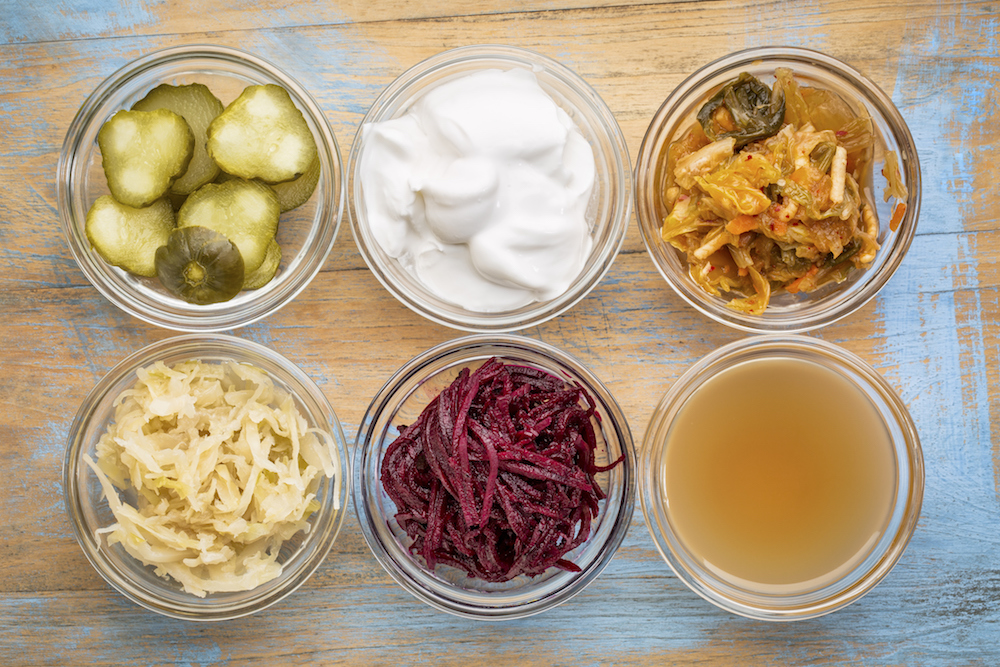Topics

Image Source
If you’re a parent, you’ve probably heard of probiotics by now and wondered if they might be a good fit for you and/or your child. What are probiotics? Can they really improve your digestive system? These are just a few of the common questions I get from parents when it comes to these bacteria.
That’s right – probiotics are bacteria. Before you panic, let’s break this down and figure out what the hype is all about.
Probiotics are foods or supplements containing live microorganisms (the “good” bacteria) intended to provide health benefits to the human body. We say probiotics are “good” bacteria because they aid the body in fighting off the “bad” bacteria that causes illness and digestive problems.
Specific strains of probiotics are proven to be effective in controlling some of these digestive problems, including loose stools, cramping and stool irregularity, in some people. If a diverse system of good bacteria lives in the gut, they will work together to maintain normal digestive patterns. Probiotics can be sold as a supplement (in capsule form) and can be found naturally in foods such as yogurt, kefir, kimchi and kombucha.
How do prebiotics play a role?
To put it simply – prebiotics are foods that help probiotics grow. This primarily includes fibrous fruits and vegetables. Prebiotics help probiotics work their magic by fueling their growth. If you limit fried food intake and maintain a healthy diet filled with a variety of fruits and vegetables, you’re helping your body’s natural probiotics flourish.
Are all probiotics good?
Even though certain types of probiotics can provide health benefits, they’re still not for everyone. The U.S. Food and Drug Administration (FDA) currently hasn’t approved any specific health claims related to probiotics. Further, the amounts of probiotics proven beneficial by studies can vary from strain to strain, and might help with one health condition but not another.
Probiotics sold as dietary supplements don’t require FDA approval for consumer marketing. Therefore, the supplements you see at the store might not actually reflect the amount of active or live bacteria stated on the label. This can be misleading, so be sure to inspect the product’s quality before purchasing. Try checking online consumer reviews before consuming, too.
It’s important to look at probiotics with a grain of salt – they’re still bacteria. Probiotics might be termed “good” because of their potential health benefits and “safe” because they already exist in the body, but there are reported cases of infection and allergic reaction linked to probiotics, alongside other side effects in those with weakened immune systems.
If you’re considering probiotics for your child or yourself, consult your pediatrician or primary care provider to discuss safe usage and compatibility.
If you’re interested in finding the nearest Texas Children’s Pediatrics location to you, click here. To learn more about Texas Children’s Food and Nutrition, click here.